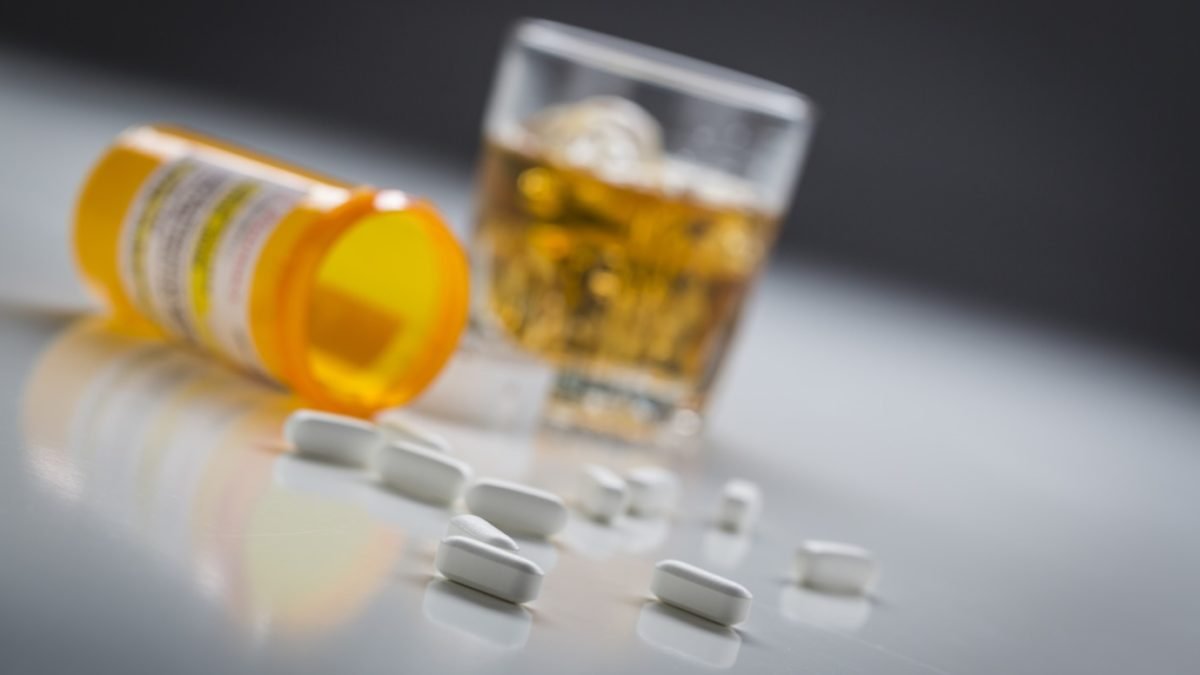Are you suffering from an addiction to drugs or alcohol? What about a loved one? This is a frightening time and it’s important to learn about your addiction treatment options so you can move forward to recovery.
But how can you choose? With so many options, it’s hard to narrow down the best choices for you or your loved one.
In this article, we want to offer you advice so you can make an informed decision. Keep reading to learn about some of the most popular methods of addiction treatment.
1. Medication-Assisted Treatment
Medication-assisted treatment isn’t for everyone, but some people discover that it makes a big difference if they have a treatment-resistant addiction.
There are several ways that medication can come into play. The most common way is for doctors to prescribe medications that reduce drug and alcohol cravings and soften withdrawal symptoms so the patient is able to focus on recovery.
If a drug rehab program is also focusing on comorbid conditions or dual diagnosis, they may also prescribe psychiatric medication while the patient is in recovery (such as antidepressants).
2. Cognitive-Behavioral Therapy
Cognitive-behavioral therapy is one of the most popular first-line treatment methods for people who are going through alcohol and drug addiction treatment. You can do CBT on your own with a therapist and intensive treatment centers will also have a CBT specialist on their team.
CBT is effective for a wide variety of conditions (including, but not limited to: depression, anxiety, PTSD, eating disorders, and addiction). It’s great for treating comorbid conditions.
3. Inpatient Drug and Alcohol Rehab
There are two primary types of rehabilitation options: inpatient and outpatient. Inpatient rehab centers are great for people who feel unable to manage their addictions at home or people who feel as though they need medical detox.
In an inpatient treatment center, the patient will have full-time care and an intensive schedule of both individual and group therapy. They don’t have to worry about the temptations of drugs or alcohol because there’s no way for these things to get into their treatment center.
Inpatient treatment is often expensive, but in some cases insurance options are available. Inpatient treatment is effective and patients can still seek outpatient treatment and support groups when they’re done.
4. Intensive Outpatient Treatment
Intensive outpatient programs (or IOP) are great for people who are unable to commit to a full-time inpatient treatment even if they need intensive care.
While patients do live at home during their treatment, they have daily therapy and reliable access to mental health professionals. This is still a time-intensive program, but it’s more accessible to the average person.
IOP is still a long journey, but like inpatient programs, patients will still have access to support services when they are finished.
Addiction Treatment: You Have Options
Making the decision to start addiction treatment is a big deal. You’re starting on a path to recovery and you should be proud.
Whether you’re interested in more mild treatment options like CBT or you need an inpatient program, at least one of these options should be suitable for you. When in doubt, talk to a mental health professional about what treatment option is best for you.
For more helpful articles about the top trending topics, visit the rest of our site.
Related posts
Subscribe Now
* You will receive the latest news and updates on your favorite celebrities!
Meet the Author

Gillion is a multi-concept WordPress theme that lets you create blog, magazine, news, review websites. With clean and functional design and lots of useful features theme will deliver amazing user experience to your clients and readers.
Learn moreHOT TOPICS
Categories
- Animals (6)
- Business (576)
- Cooking (3)
- Design (17)
- Education (59)
- Entertainment (62)
- Fashion (38)
- FASHION (89)
- Featured (19)
- FOOD (42)
- Guide (55)
- Health (290)
- HOME (181)
- Interior (14)
- Life (8)
- Lifestyle (111)
- Motivation (6)
- News (47)
- People (4)
- Photography (5)
- Review (4)
- Style (4)
- TECH (176)
- Travel (107)
- Uncategorized (1,171)



Stay connected